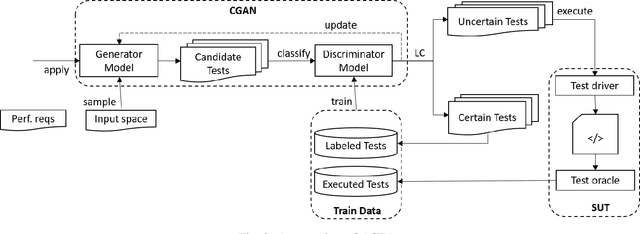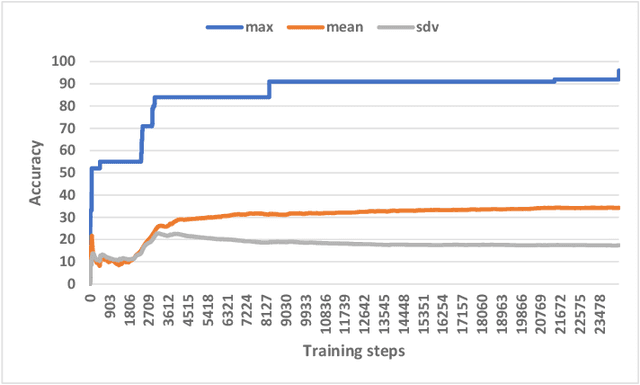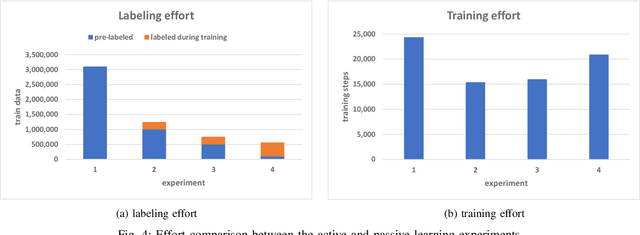Ali Sedaghatbaf
DenDrift: A Drift-Aware Algorithm for Host Profiling
Oct 04, 2021



Abstract:Detecting and reacting to unauthorized actions is an essential task in security monitoring. What make this task challenging are the large number and various categories of hosts and processes to monitor. To these we should add the lack of an exact definition of normal behavior for each category. Host profiling using stream clustering algorithms is an effective means of analyzing hosts' behaviors, categorizing them, and identifying atypical ones. However, unforeseen changes in behavioral data (i.e. concept drift) make the obtained profiles unreliable. DenStream is a well-known stream clustering algorithm, which can be effectively used for host profiling. This algorithm is an incremental extension of DBSCAN which is a non-parametric algorithm widely used in real-world clustering applications. Recent experimental studies indicate that DenStream is not robust against concept drift. In this paper, we present DenDrift as a drift-aware host profiling algorithm based on DenStream. DenDrift relies on non-negative matrix factorization for dimensionality reduction and Page-Hinckley test for drift detection. We have done experiments on both synthetic and industrial datasets and the results affirm the robustness of DenDrift against abrupt, gradual and incremental drifts.
Automated Performance Testing Based on Active Deep Learning
Apr 05, 2021



Abstract:Generating tests that can reveal performance issues in large and complex software systems within a reasonable amount of time is a challenging task. On one hand, there are numerous combinations of input data values to explore. On the other hand, we have a limited test budget to execute tests. What makes this task even more difficult is the lack of access to source code and the internal details of these systems. In this paper, we present an automated test generation method called ACTA for black-box performance testing. ACTA is based on active learning, which means that it does not require a large set of historical test data to learn about the performance characteristics of the system under test. Instead, it dynamically chooses the tests to execute using uncertainty sampling. ACTA relies on a conditional variant of generative adversarial networks,and facilitates specifying performance requirements in terms of conditions and generating tests that address those conditions.We have evaluated ACTA on a benchmark web application, and the experimental results indicate that this method is comparable with random testing, and two other machine learning methods,i.e. PerfXRL and DN.
 Add to Chrome
Add to Chrome Add to Firefox
Add to Firefox Add to Edge
Add to Edge